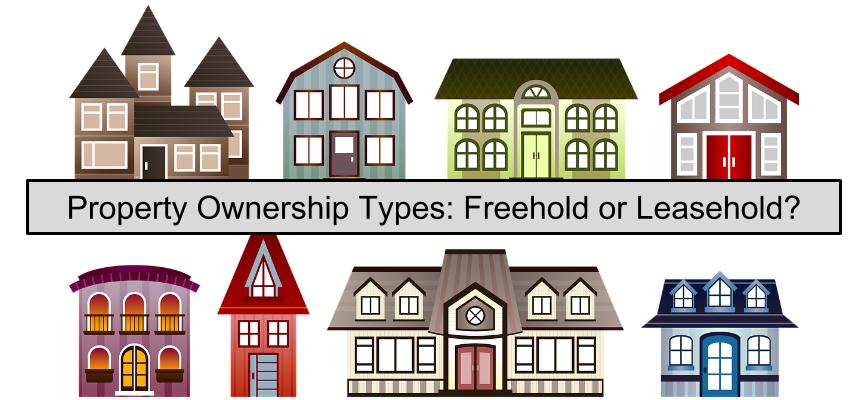Understanding the different types of property ownership in New Zealand is essential for both buyers and investors. The type of ownership affects your rights, responsibilities, and the long-term value of your investment. In this guide, we’ll explore the most common property ownership types in New Zealand and what you should consider when choosing the right one for your needs.
1. Freehold (Fee Simple):
Pros:
- Ownership: With freehold ownership, you own the land and any buildings on it outright. You have full control over the property.
- Long-term Investment: Freehold properties are often seen as a secure long-term investment, offering potential capital growth.
Cons:
- Higher Initial Cost: Freehold properties can be more expensive upfront compared to leasehold properties.
- Maintenance: As the owner, you are responsible for all maintenance and repair costs.
Considerations:
- Freehold is the most common and preferred type of property ownership in New Zealand, offering complete ownership rights.
2. Leasehold:
Pros:
- Lower Initial Cost: Leasehold properties are usually cheaper to purchase initially.
- Variety of Locations: Leasehold properties are found in a wide range of locations, including desirable areas.
Cons:
- Land Lease: In leasehold, you only own the buildings and structures on the land, not the land itself. The land is leased from the landowner.
- Lease Costs: You’ll need to pay ground rent to the landowner, and these costs can increase over time.
- Limited Control: Leasehold properties often have restrictions on how you can use the land.
Considerations:
- Leasehold properties can be an affordable way to enter the property market but come with ongoing costs and restrictions.
3. Cross-Lease:
Pros:
- Shared Ownership: In a cross-lease, multiple parties jointly own the land and lease their respective portions to each other.
- Affordability: Cross-leases can be more affordable than freehold properties.
Cons:
- Shared Decision-Making: Cross-lease properties require cooperation among co-owners for decisions about land use and maintenance.
- Restrictions: Cross-leases often have restrictions on property alterations and land use.
Considerations:
- Cross-lease arrangements can be complex, and it’s important to have a clear understanding of your rights and responsibilities as a co-owner.
4. Unit Title:
Pros:
- Individual Ownership: With unit titles, you own your individual unit and a share of common property, such as hallways or gardens.
- Strata Management: Unit title properties often have a body corporate or strata management to maintain common areas.
Cons:
- Strata Fees: You’ll need to pay body corporate fees for maintenance of common areas.
- Shared Decision-Making: Unit title properties require cooperation with other unit owners for decisions regarding common areas.
Considerations:
- Unit title properties are common in apartment buildings and offer a balance between individual ownership and shared responsibilities.
5. Company Share:
Pros:
- Shares in a Company: In this arrangement, you purchase shares in a company that owns the property.
- Limited Liability: Your liability is generally limited to the value of your shares.
Cons:
- Limited Control: The company’s board of directors makes decisions regarding the property.
- Shareholder Agreements: The property’s management and rules are governed by shareholder agreements.
Considerations:
- Company share ownership is less common but can be a way to invest in property without full ownership responsibilities.
6. KiwiSaver HomeStart Grant:
Pros:
- Assistance for First-Time Buyers: The KiwiSaver HomeStart Grant helps first-time buyers by providing financial assistance for purchasing properties.
Cons:
- Eligibility Criteria: To qualify, you must meet specific criteria related to income, location, and property price.
Considerations:
- The KiwiSaver HomeStart Grant is an option for eligible first-time buyers, but it’s subject to certain conditions.
Choosing the right type of property ownership in New Zealand depends on your financial situation, long-term goals, and preferences. Be sure to seek legal and financial advice before making any property purchase to ensure you fully understand the implications of your chosen ownership type.
Disclaimer: The information provided in this blog post is for informational purposes only and should not be considered as legal or financial advice. Please consult with professionals for personalized guidance regarding property ownership.



